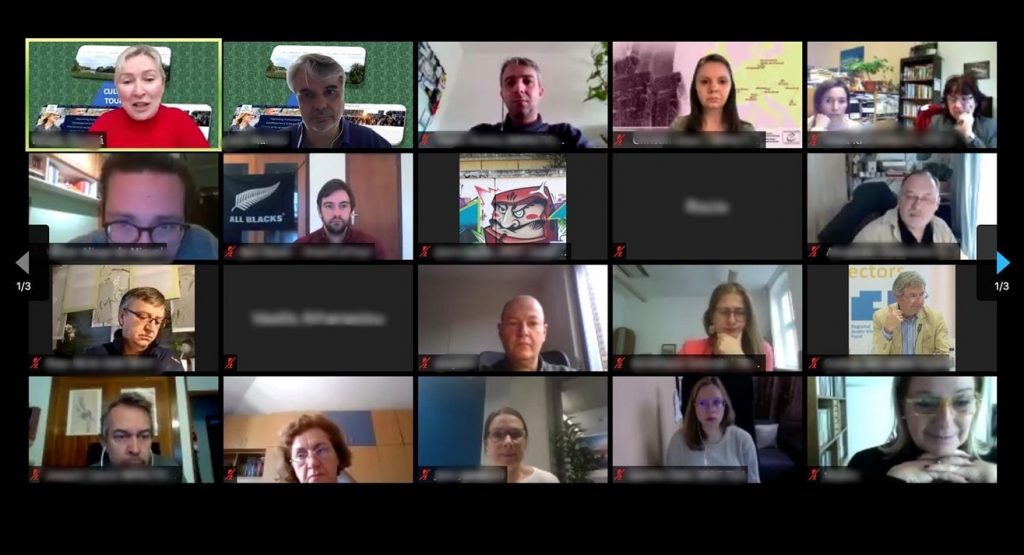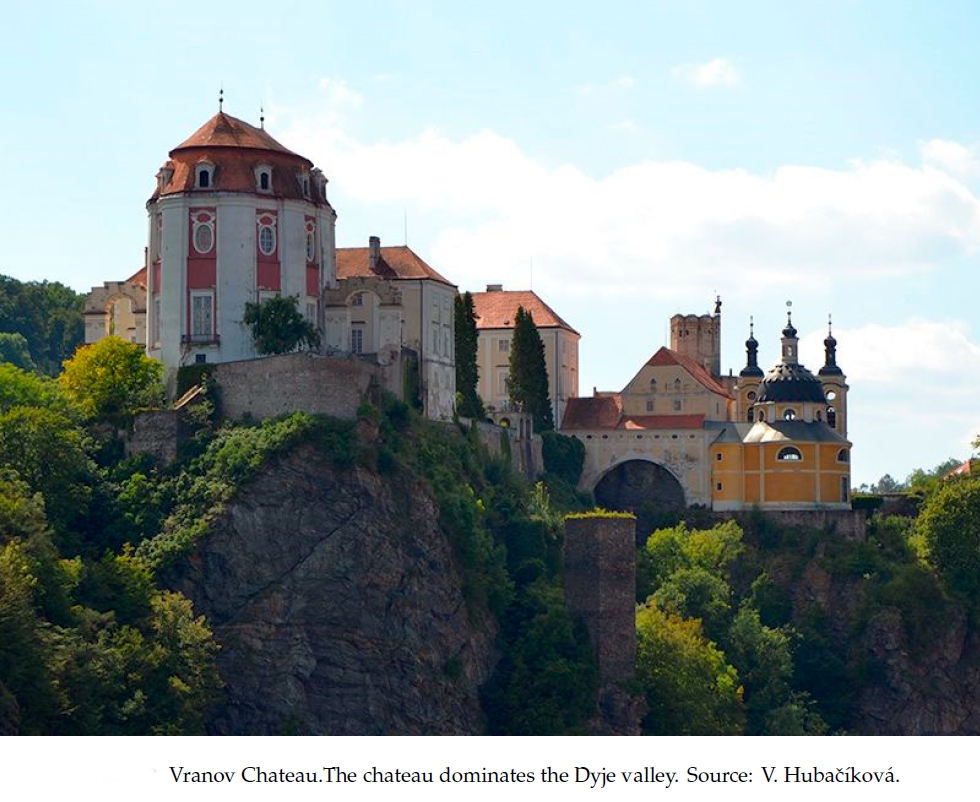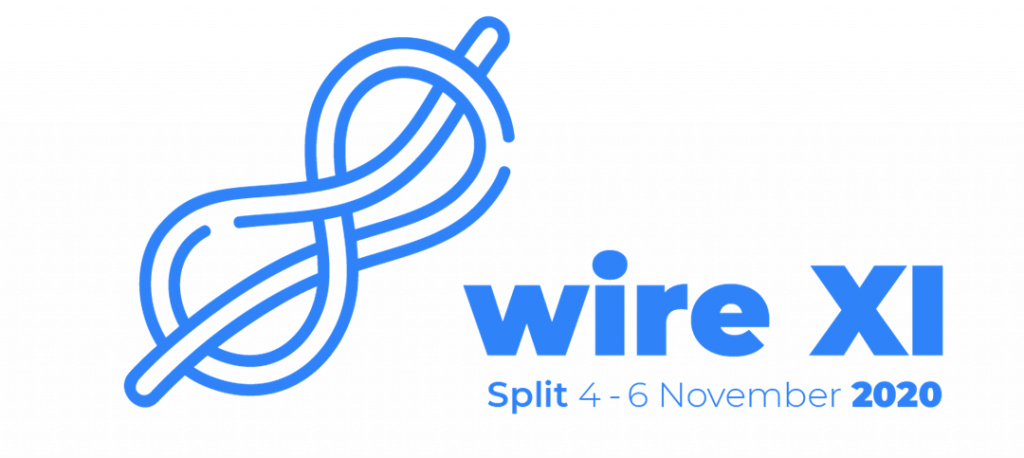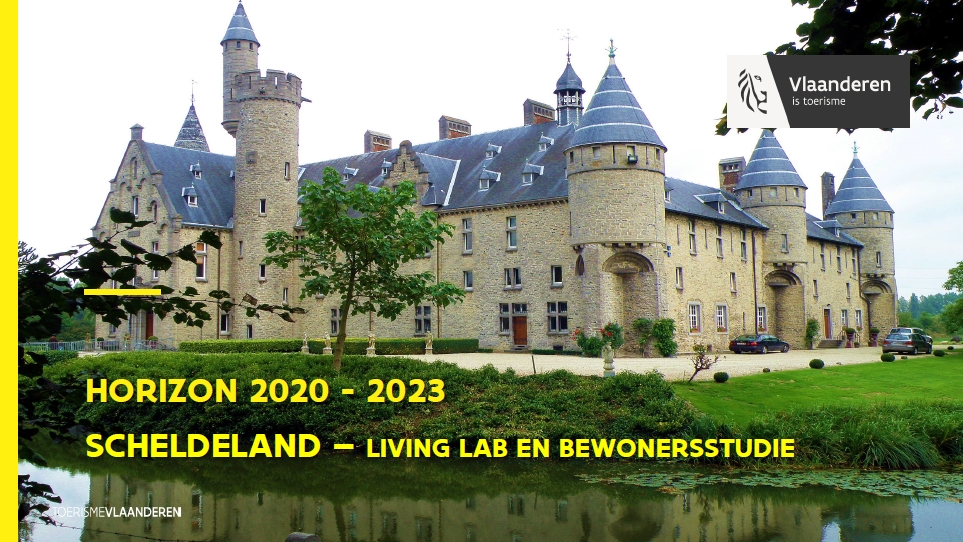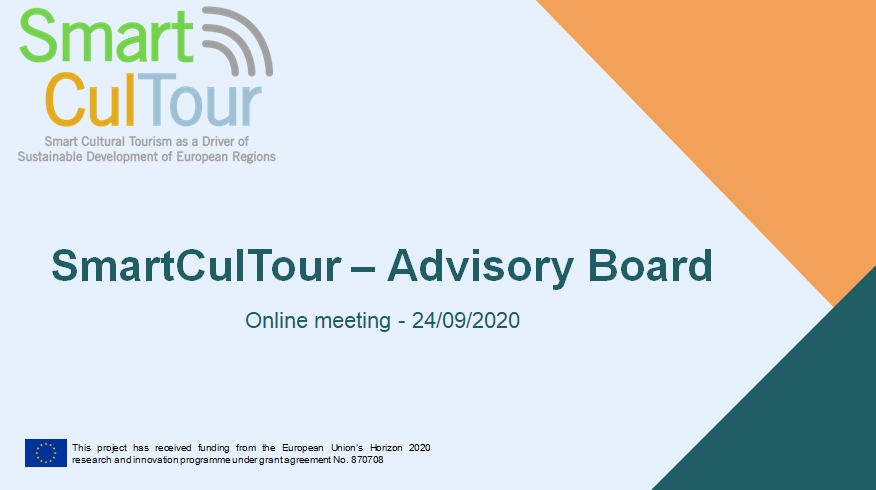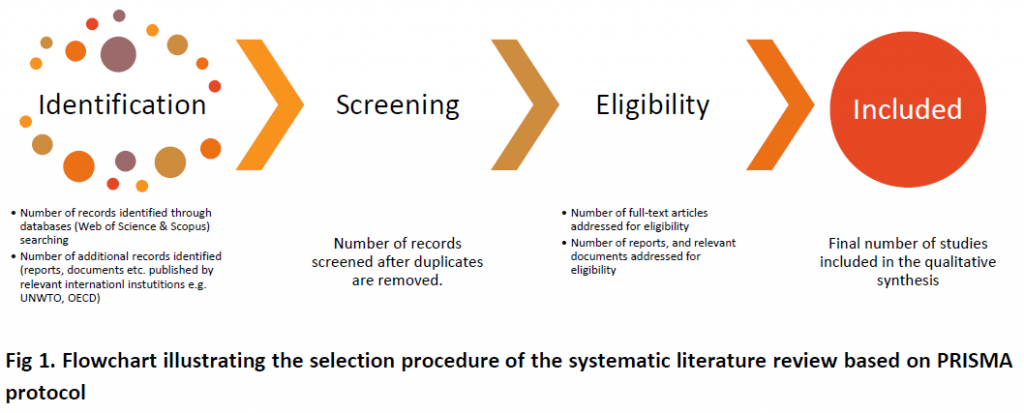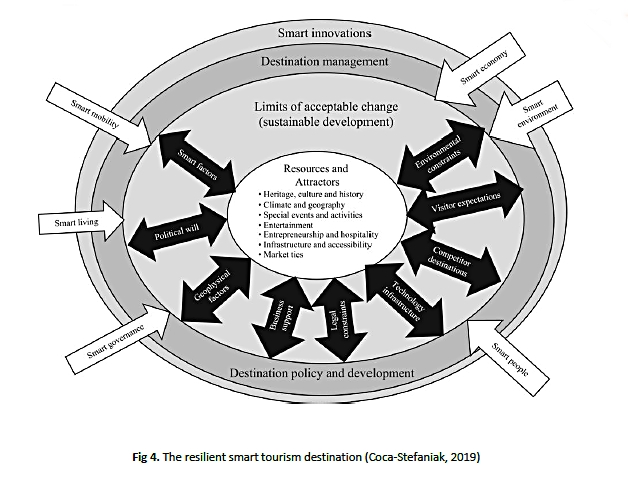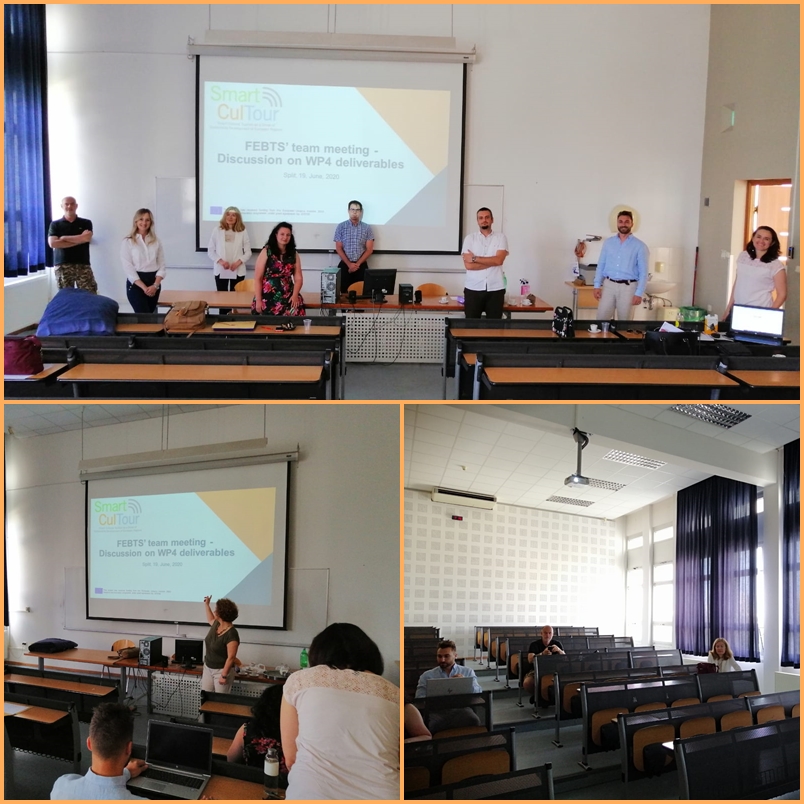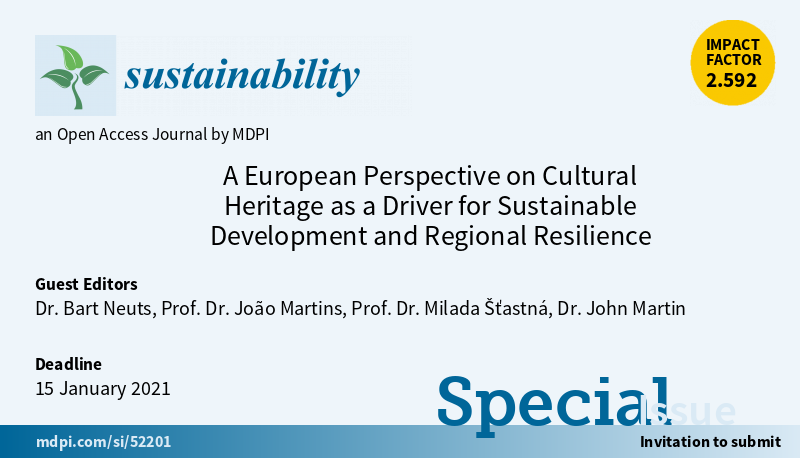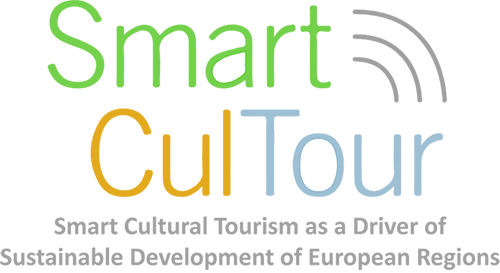Horizon 2020 online networking workshop
A Horizon 2020 online networking workshop was held on 27th November, involving SMARTCULTOUR, IMPACTOUR and SPOT projects, as the starting point of the creation of a collaboration network that could be built upon in the coming years. It provided a first step to get to know the colleagues from IMPACTOUR and SPOT. Concerning the main topic, the workshop addressed and discussed Cultural Tourism and its future in a 5-year time horizon, taking into consideration current potential and barriers. The workshop was followed by a group debate and a plenary session to discuss the conclusions. In this context, all the participants shared opinions, concerns and visions for the future of Cultural Tourism, and many aspects ranging from sustainability through quality and accessibility to innovation and community involvement were brought up. In the end, the participants agreed on a couple of key findings that need further consideration when thinking about the development of cultural tourism and agreed to intensify the cooperation between the three Horizon 2020 projects for mutual benefit.
CIHEAM Zaragoza participated in this workshop as leader of the SmartCulTour communication workpackage and representing the Living Lab of Huesca, one of the six living labs that are being established in several European regions and that are meant to set up a community of practice related to the main aspects of Cultural Tourism in Europe.
